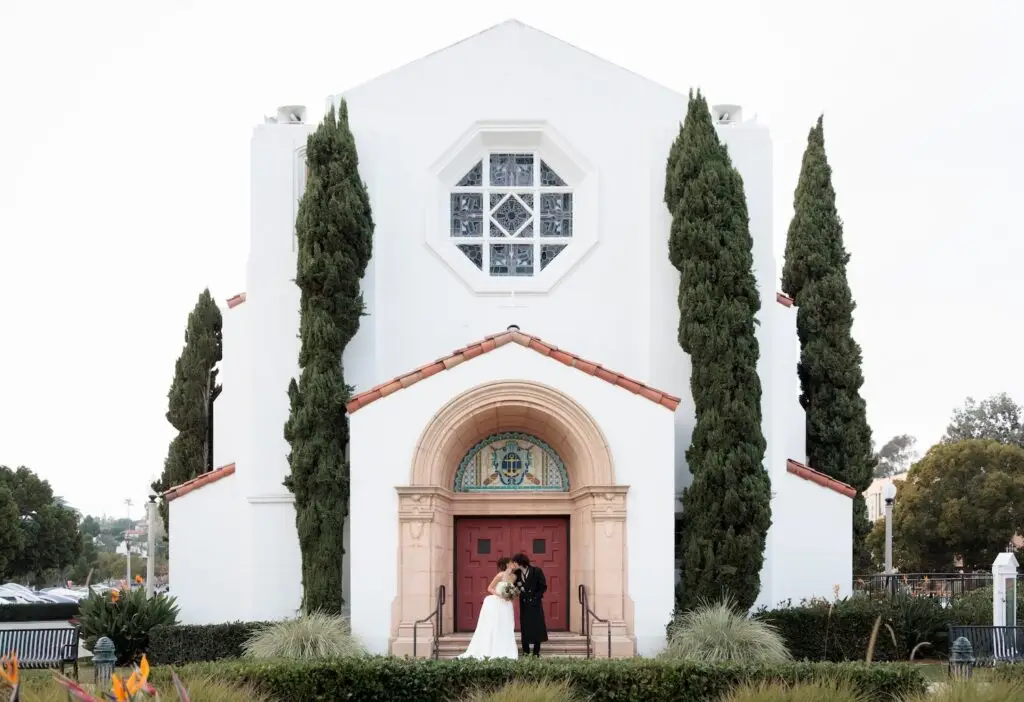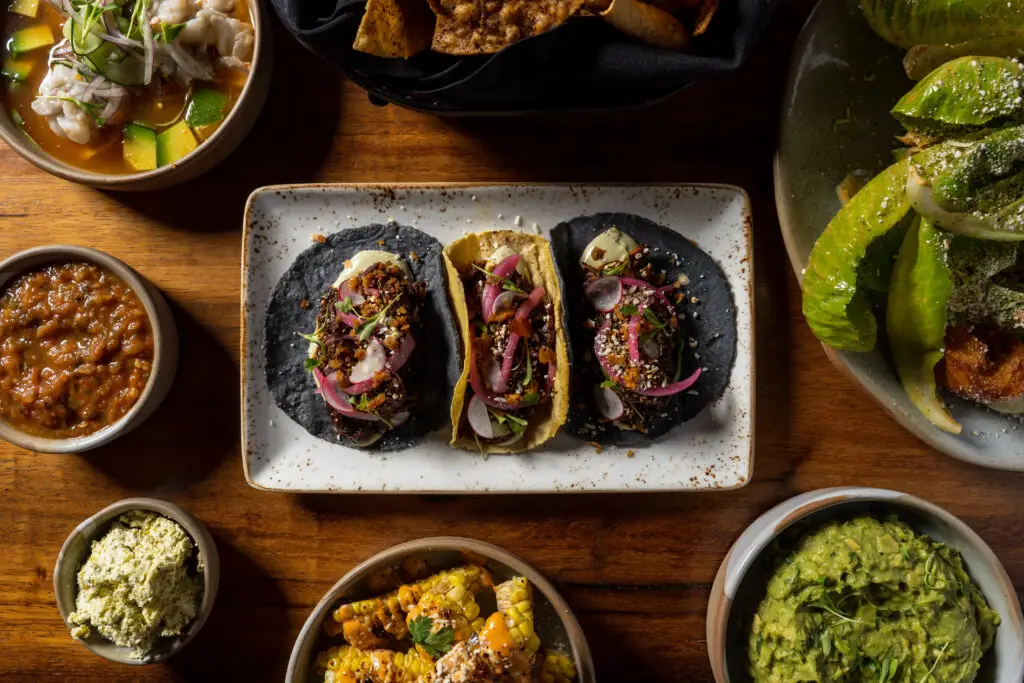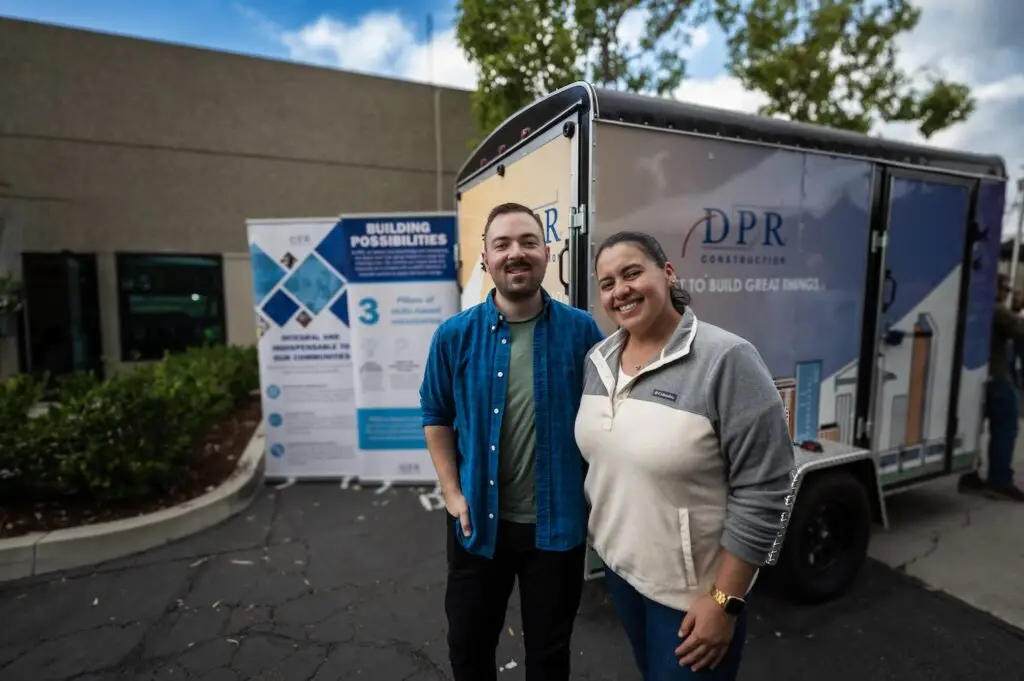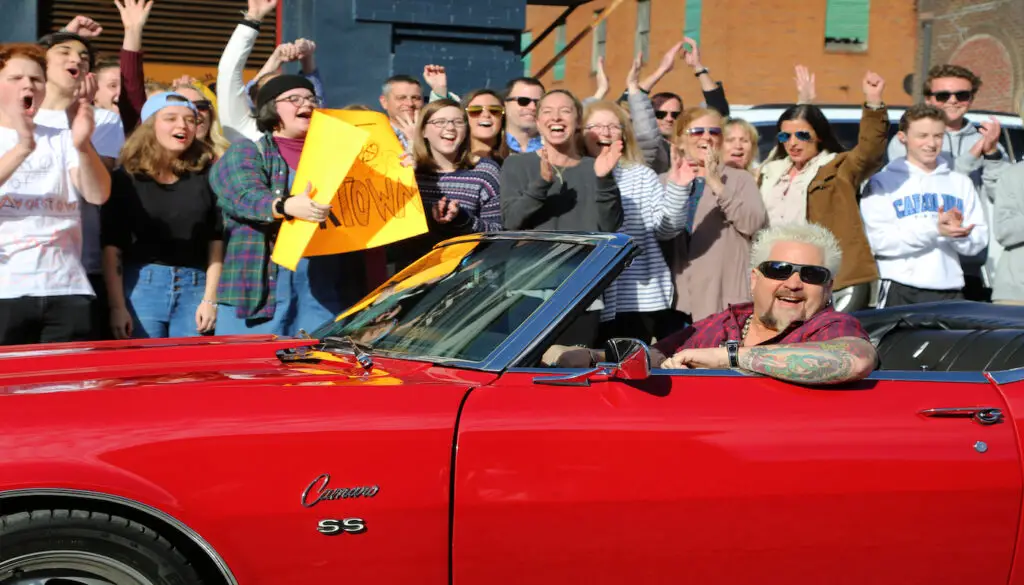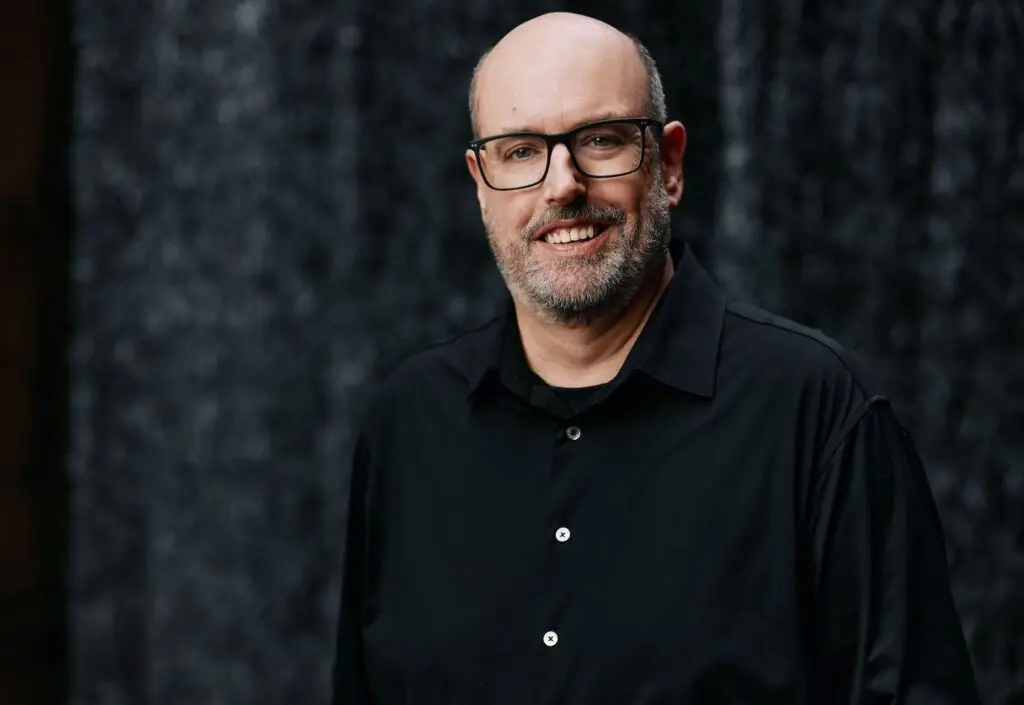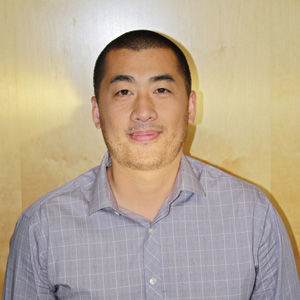
Tom K. Wong
Tom K. Wong
Tom K. Wong, an assistant professor of political science at UC San Diego recently produced a survey targeting the Latino/Hispanic community in San Diego in partnership with San Diego Magazine and KPBS. Here Wong discusses the process of producing the actual questions as well as his perspective on some of the results. For more on the survey, pick up the November issue of San Diego Magazine on newsstands or visit KPBS.org.

Play Button image
Listen to KPBS’s radio interview with Tom K. Wong about the survey here
View a KPBS interview with Tom K. Wong below
You are a widely regarded expert on something called the “politics of identity.” Can you give me a sense of your overall specialization and professional focus?
My research focuses on immigration politics and policy. This is a very active research area given immigration touches the heart of so many important societal issues, including race, ethnicity, and identity.
You are an immigrant yourself, yes?
Yes, I came to the U.S. from Hong Kong when I was two-years-old. Because my family stayed in the U.S. after our visas expired, we lived here as undocumented immigrants. Being undocumented was an incredibly difficult experience, one that initially prevented me from going to college after I graduated from high school. I am a citizen now, but being an immigrant and knowing intimately what it is like to be undocumented, remain core parts of who I am.
Can you describe the reasoning and challenges behind creating this kind of survey?
One of the difficult aspects of designing a survey like this is to ensure that people do not simply feel that they are the subjects of a study, but that they have a voice and that their voice matters. We thus combined a series of close-ended questions, with “yes” or “no” answers, with open-ended questions that allowed people to reflect on what they were being asked and to answer in their own words.
Can you tell us about the team of graduate students who helped? What is their current field of interest/study?
A group of four graduate students, two from UCSD and two from SDSU, helped with the conceptualization of the questionnaire. This was an interdisciplinary group with two of the students pursuing doctorates in sociology, one pursuing a masters degree in education, and one pursuing a masters degree in Latin American studies. Two of the students have also been active in the Mexican Migration Field Research Program at UCSD, which conducts surveys of Mexican migrants here in the U.S., as well as surveys of prospective migrants and their families in Mexico.
What were the guiding themes in creating this survey of the “Latino experience” in San Diego?
The survey centered on three themes in particular: the societal incorporation of Hispanics/Latinos in the San Diego area, their political incorporation, and their community involvement and engagement. Questions about societal incorporation focused specifically on inter-group relations, including experiences and perceptions of discrimination. This section, in my opinion, generated the most intriguing insights. In addition to standard questions about party identification and political ideology, questions about political incorporation also focused on how Hispanics/Latinos perceive the importance of their role in American politics. Lastly, questions about community involvement and engagement examined how our respondents interact with and rate their communities.
When analyzing the responses … What did you glean overall from this set of data about the Latino experience in San Diego?
There is not one single Latino experience, but rather, there is a multitude of ways that this community is experiencing, interacting with, and perceive San Diego. In many ways, this is one of the most expected findings of the survey. However, that experiences of being stereotyped are widespread, and that many perceive there to be at least some level of discrimination against Hispanics/Latinos in San Diego, are findings that demand our closer attention. Diversity is one of the defining characteristics of San Diego, and what I believe to be one of our city’s greatest strengths. But it takes work to turn a place into a community – what the survey reminds us is that we still have much work to do.
Did anything in particular inspire you to seek further study?
One of the hunches going in was that experiences of being stereotyped would lead people to be less engaged in their communities. The survey shows the exact opposite — that those who are engaged in their communities are more likely to have experienced language or other stereotypes. We do not have enough data here to make definitive conclusions, but if those who are willing to take an active role by working with others to address issues facing their communities, are more likely than others to be subject to these awful experiences, then what does this say about the future of inter-group relations in San Diego?
“In 3 words, describe how do you think the average San Diegan would describe the average Latino?” was one of the open-ended questions included in the survey. It produced some responses from survey participants that included inflammatory and offensive stereotypes. What does this say about the state of racism or stereotypes in San Diego regarding the Latino community?
This is a great example of the point I made earlier about the work that remains to be done in San Diego. It is heartbreaking that some respondents feel that San Diegans have such negative views of the Hispanic/Latino community. This question, along with the series of questions we asked about stereotypes and discrimination, make clear that San Diego is not yet a community wherein all San Diegans feel equally included. Whether we, from the outside looking in, disagree is beside the point, as this reflects the reality for many of our respondents. We have a choice. We can choose to ignore this reality and pretend that issues of prejudice and discrimination do not exist or that they only exist at the margins. Or we can choose to address this head on. It is my belief that the work of ensuring that San Diego is a community in which all San Diegans feel equally included requires that we address these difficult realities head on, and open, genuine, and direct dialogue is a central part of this.
HARD WORKING was a theme that emerged from several different questions and answers in the survey. Is this a common theme in much of your other work regarding the Latino community?
Absolutely. Hard working, an unyielding sense of determination, and a drive to never give up are recurring themes that we saw in the survey. This is how our respondents described their own community. By continuing the dialogue we started here, it is my hope that our respondents will one day believe that all San Diegans feel the same.
Are you interested in following up this research in the future in San Diego?
Absolutely, and not just with respect to Hispanics/Latinos, but a broader project that involves all of San Diego’s diverse groups.
Looking ahead, you are the lead researcher on one of the first nationwide surveys of undocumented youth. At what stage is that study? When will the results be published?
The survey is now complete. The full results will be publicly released in early 2014 and there will be at least three projects that will flow from the survey. [Follow Wong’s blog at UC San Diego to keep track of the progress]
Anything else you think our readers should know about this survey or your other research on the immigrant experience?
PARTNER CONTENT
Demographic changes fueled by immigration and the increased racial and ethnic diversity that comes with it are, in many ways, the new normal. To be clear, this is not to say that immigration itself is new. Rather, we as a country are becoming increasingly aware of the changing demographic landscape of our society. California has long been at the forefront of this. But history shows that each generation must define for itself how it responds to these changes. How will we respond?
